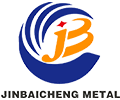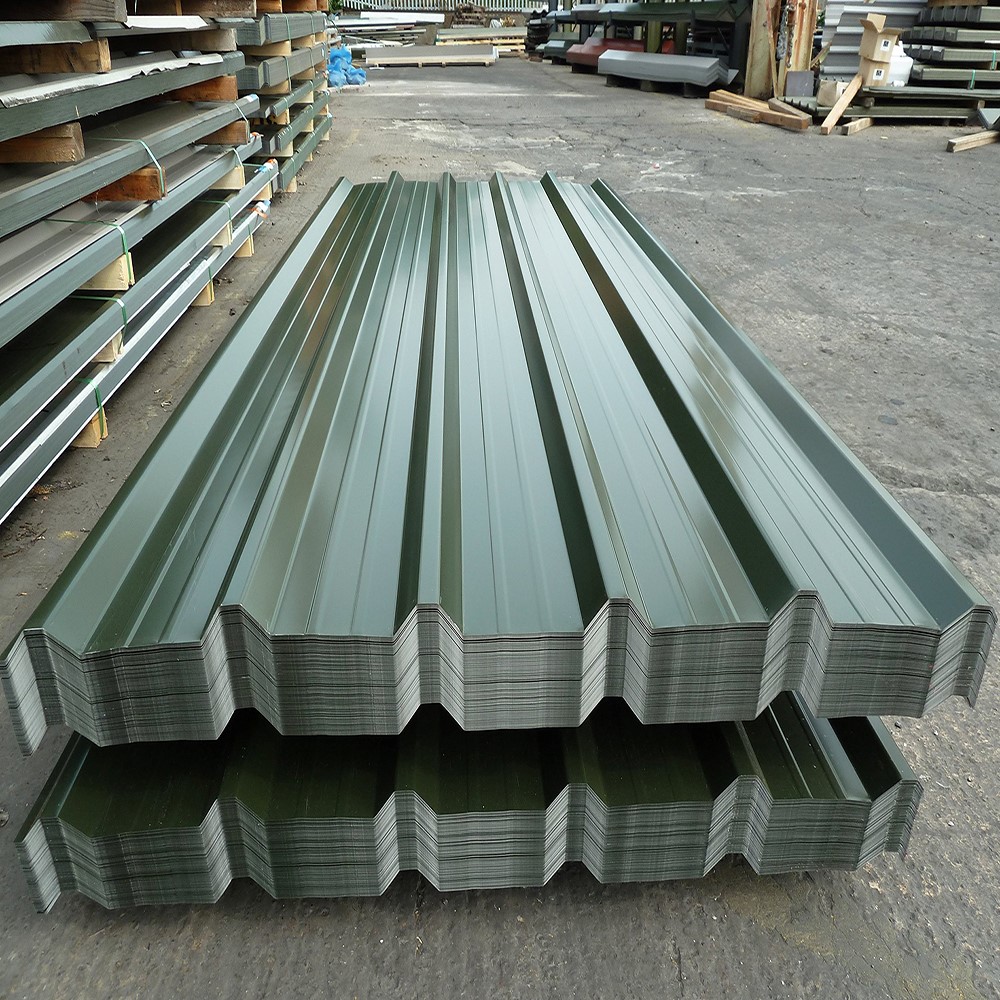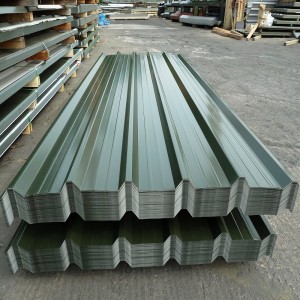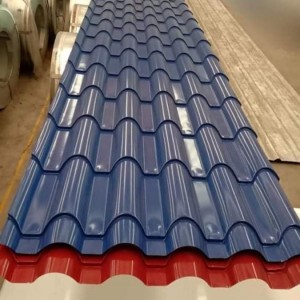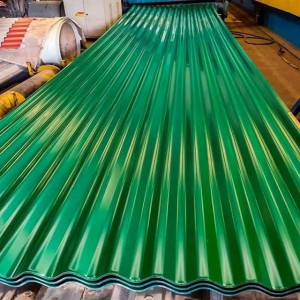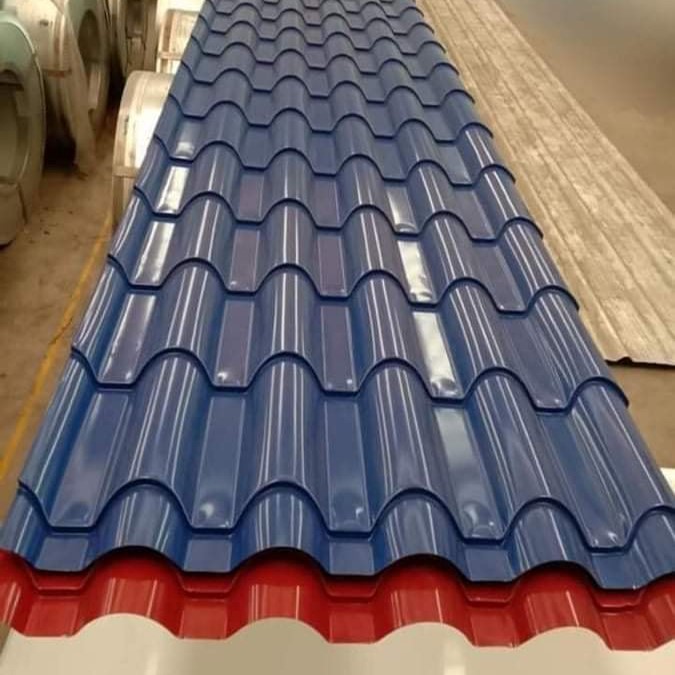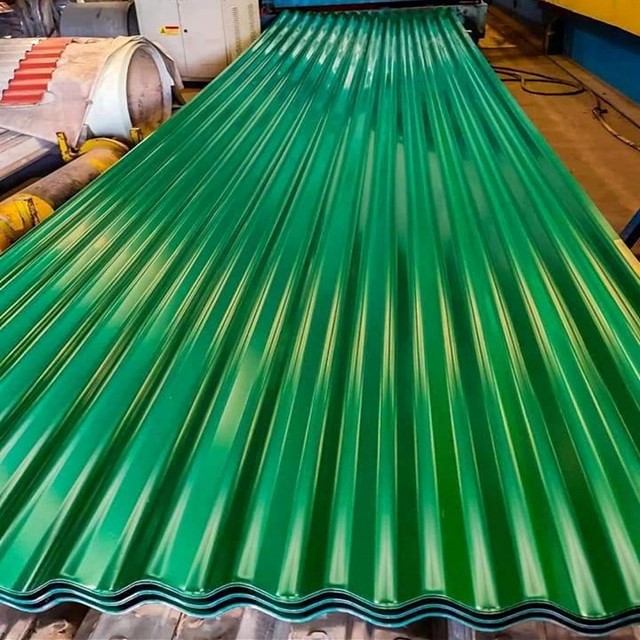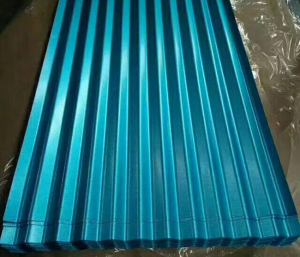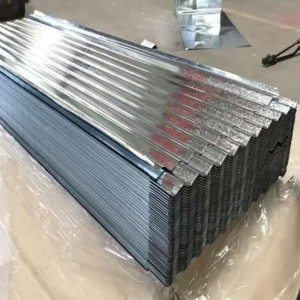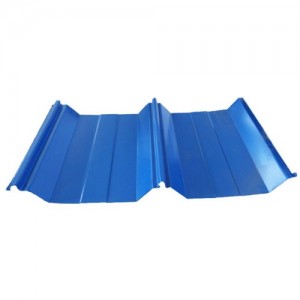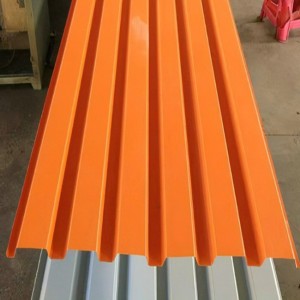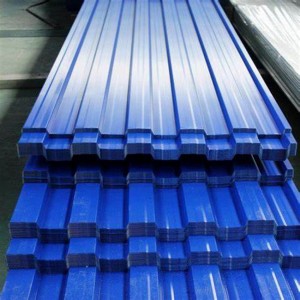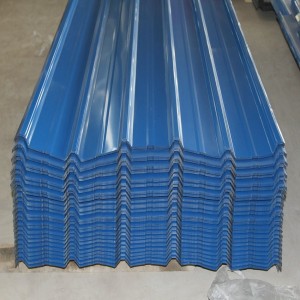Color steel tile price
Origin: Shandong, China
Brand name: Jin Baicheng
Application: making corrugated board
Type: steel coil
Thickness: 0.12 to 4.0
Width: 1001-1250 - mm
Certificates: BIS, ISO9001, ISO,SGS,SAI
Level: SGCC/CGCC/DX51D
Coating: Z181 - Z275
Technology: Based on hot rolling
Tolerance: + / - 10%
Sequins type: Common sequins
Oiled or unoiled: Lightly oiled
Hardness: full hard
Delivery time :15-21 days
Zinc coating: 30-600g/m2
Coil weight: 3-5 tons or as required
Coil ID: 508 mm / 610 mm
Terms of payment: T/T,L/C, Kunlun Bank,
Minimum order quantity: 25MT (one 20ft FCL)
Delivery time: within 15-20 days
Standard: ASTMA36 JISG3302
Steel coil, also known as coil steel. The steel is rolled by hot pressing and cold pressing. In order to facilitate storage and transportation, facilitate various processing (such as processing into steel plate, strip, etc.)
The pattern coil is also known as the pattern steel plate, is its surface with a diamond or protruding steel plate.
Because of the protruding edge on the surface of the decorative steel plate, it can be used as floor, factory escalator, working frame pedal, ship deck, car bottom plate, etc.
The specifications of the pattern steel plate are expressed in terms of basic thickness (excluding the thickness of the protruding edge), with 10 specifications of 2.5-8 mm. Patterned plate plates are numbered 1-3.
Forming coil is mainly hot rolled coil and cold rolled coil. Hot rolled coil is the processed product before recrystallization of billet. Cold rolled coil is the follow-up processing of hot rolled coil. The general weight of steel coil is about 15-30T. China's hot rolling production capacity is expanding, there have been dozens of hot rolling production lines, and some projects will be built or put into operation.
General users do not have uncoiling equipment or limited amount. Therefore, the subsequent processing of steel coil will be a very promising industry. Of course, at present the larger steel mills have their own unwinding and leveling projects.
Surface quality is divided into two levels:
Normal accuracy: thin oxide sheet, rust, rough surface due to the peeling off of oxide sheet and other local defects whose height or depth exceeds the allowable deviation are allowed on the surface of the steel plate.
